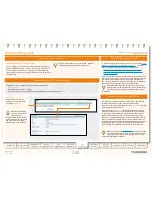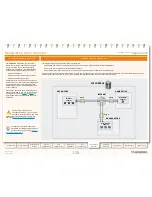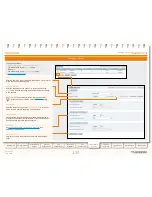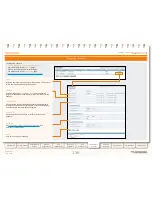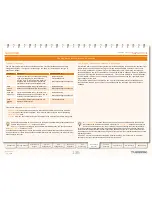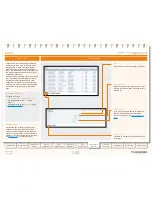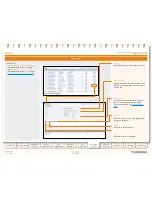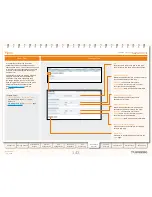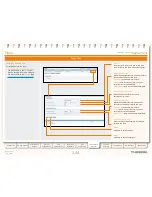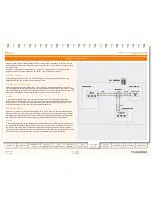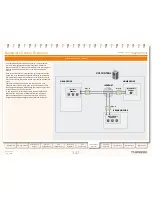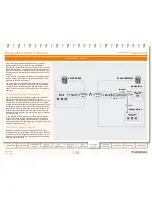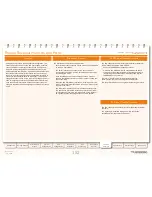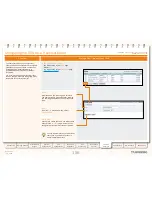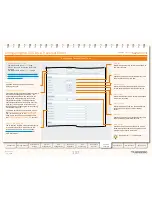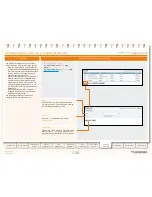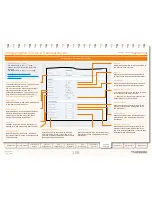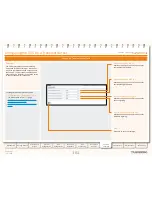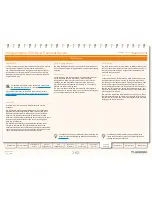
147
D14049.04
JULY 2008
Grey Headline
(continued)
TANDBERG
VIDEO COMMUNICATIONS SERVER
ADMINISTRATOR GUIDE
Introduction
Getting Started
Overview and
Status
System
Configuration
VCS
Configuration
Zones and
Neighbors
Call
Processing
Bandwidth
Control
Firewall
Traversal
Appendices
Applications
Maintenance
Bandwidth Control Examples
Example Without a Firewall
An example deployment is shown opposite. In this example,
there are three geographically separate offices: Enterprise,
Branch and Home. All endpoints in the Enterprise office register
with the VCS Control, as do those in the Branch and Home
offices.
Each of the three offices is represented as a separate subzone
on the VCS, with bandwidth configured according to local policy.
The enterprise’s leased line connection to the Internet, and the
DSL connections to the remote offices are modeled as separate
pipes.
There are no firewalls involved in this scenario, so we can
configure direct links between each of the offices. Each link is
then assigned two pipes, representing the Internet connections
of the offices at each end of the link.
In this scenario, a call placed between the Home Office and
Branch Office will consume bandwidth from the Home and
Branch subzones and on the Home and Branch pipes. The
Enterprise’s bandwidth budget will be unaffected by the call.
HEAD OFFICE
VCS CONTROL
HOME OFFICE
BRANCH OFFICE
Branch Office
Subzone
Default
Subzone
Pipe A
Pipe B
Pipe C
Home Office
Subzone
INTERNET

